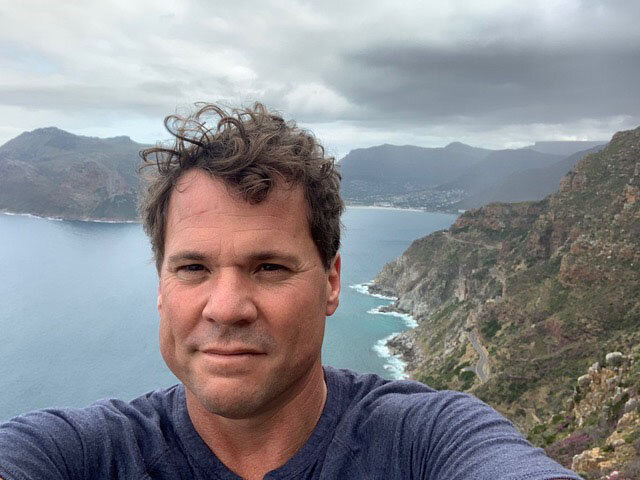Wes Anderson has always been an anomaly. But in recent years, his mystique has continued to grow. He is perhaps the most well-known, independent director and somewhat at the same time the most misunderstood. As much as people would like it, Anderson’s work cannot be contained in a Tiktok trend or an aesthetic photo. But these trends, which often fall on the same level, indirectly demonstrate Anderson’s true genius.
The common image of an Anderson film is one with symmetrical framing, a pastel color palette, and a lot of people who don’t really know how to express their true feelings. All of these qualities are true in Anderson’s work. But when it’s minimally reproduced, it becomes clear how much more there is to the director than the often-attempted distillation of his work into one dreaded word: quirky.
Anderson’s four recently released short films — all based on Roald Dahl stories, “The Wonderful Story of Henry Sugar,” “The Swan,” “The Rat Catcher” and “Poison” — are far from his best work , but they are the best films to understand who Anderson is as a director. These shorts feel like the closest thing to a manifesto Anderson has ever produced. At every turn, Anderson wants viewers to know they’re watching a movie: He shows scene changes, props coming in and out of directors, and characters constantly breaking the fourth wall.
“The Wonderful Story of Henry Sugar” follows a rich man named Henry Sugar (Benedict Cumberbatch), who discovers a medical journal that chronicles the strange case of Imdad Khan (Ben Kingsley), a man who can see without his eyes. Sugar uses the knowledge gained from this report to be able to read the front of the cards by only looking at their backs, being able to win copious amounts of blackjack money in the process.
“The Swan” follows a narrator (Rupert Friend) recounting his childhood experiences with bullying, and “The Rat Catcher” follows an eccentric exterminator (Ralph Fiennes) recounting his unorthodox procedures. Finally, “Poison” is about a man (Benedict Cumberbatch) who feels a snake crawling on his bed and, worried that it will bite him, stays completely still until a doctor comes to calm the situation.
All of these stories, with the exception of the more complex “The Wonderful Story of Henry Sugar” are very short and to the point — they can put Anderson’s cinematic style front and center.
Recently, Anderson has been fascinated with exploring the theatrical art of cinema within his work, telling meta-narratives about the nature of art itself. When asked about his new interest by New York Times, Anderson stated, “When you’re watching a movie, you generally see someone trying to create the illusion that something is happening, because actually just outside the frame is a light and a guy with a microphone. But for me, the theatrical devices really happen.”
In this way, these are Anderson’s most personal films. The narratives themselves are not about Anderson’s life, but the audience is allowed to watch the films through his eyes, where the magical illusion of film is replaced by the simple mechanics of its production.
Anderson makes no attempt to hide that these shorts are adapted from previous stories. The dialogue for each short is almost always copied verbatim from Dahl’s original language, including scene descriptions and lines of dialogue. Dahl himself is a character, who from behind his desk in his English country house intervenes in each film of his own volition. None of these choices change the content of the stories themselves, but they all do their part in pulling back the curtain on narrative construction.
While there are better, more complete works to enjoy in Anderson’s filmography, these four short films are arguably pivotal in exploring who Anderson is as a postmodern artist. It might be a little out of reach for those not familiar with the typical moves of his previous films, but it will still be something new and exciting for a long time to come.
Finn Kirkpatrick is arts and culture editor. He is a junior from Los Angeles, California studying Comparative Literature and enjoys reviewing movies and such.

“Falls down a lot. Unapologetic alcohol guru. Travel specialist. Amateur beer trailblazer. Award-winning tv advocate. Hipster-friendly twitter aficionado”

